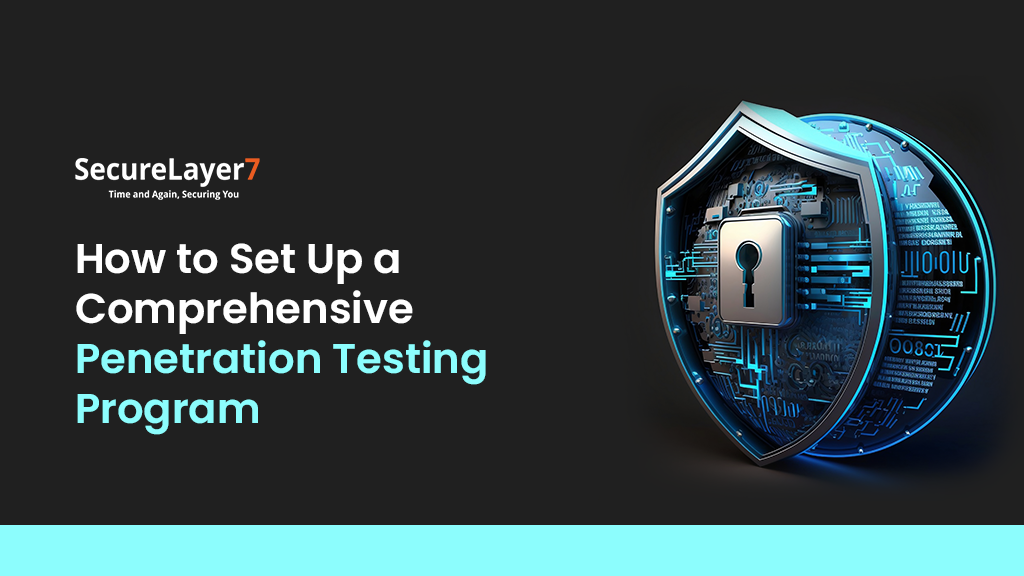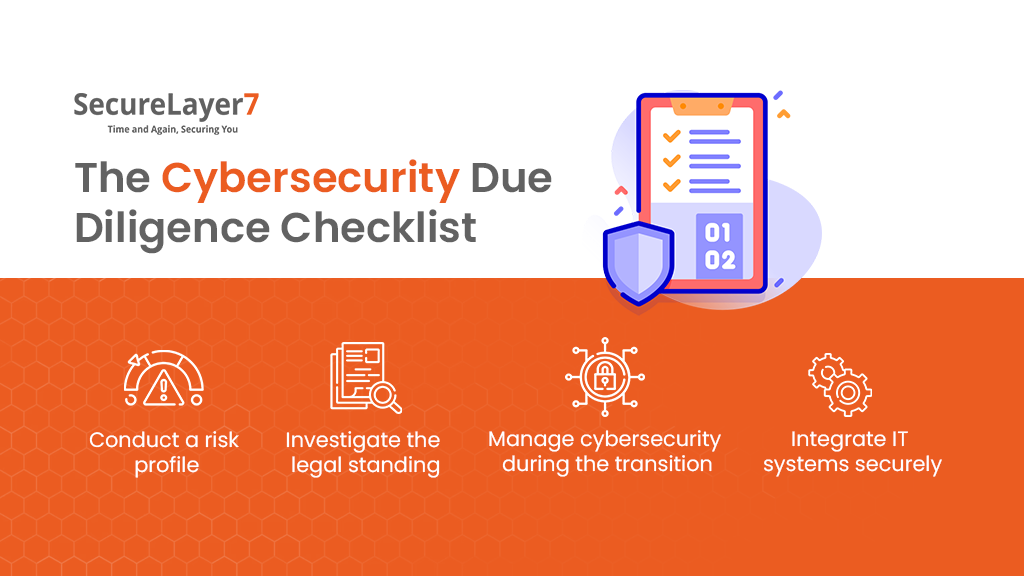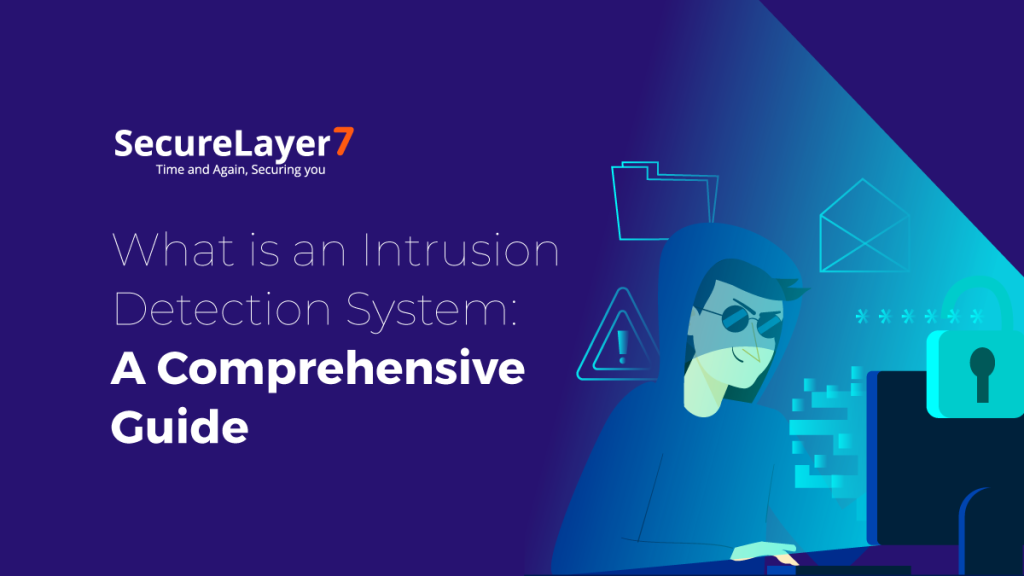
The Complete Cybersecurity Checklist For Startups And Small Businesses
May 24, 2023
How to Set Up a Comprehensive Penetration Testing Program?
May 26, 2023
In today’s digital age, cybersecurity has become an increasingly important consideration for businesses of all sizes. As venture capitalists (VCs) invest in new startups, it’s crucial for them to understand the cybersecurity risks and potential vulnerabilities that could affect the success of their investment.
To do this effectively, VCs need to perform cybersecurity due diligence when evaluating potential investments. This process involves thoroughly assessing the target company’s cybersecurity practices and identifying any potential weaknesses or areas of concern.
However, performing cybersecurity due diligence can be a complex and time-consuming process.
It requires a deep understanding of cybersecurity best practices, as well as the ability to identify potential risks and vulnerabilities.
In this blog, we will provide a cybersecurity due diligence checklist that VCs can use to simplify the process and ensure that they are effectively evaluating the cybersecurity risks associated with their investments. This checklist will cover key areas such as data security, network security, employee security awareness, incident response, and more.
By following this cybersecurity due diligence checklist, VCs can ensure that they are making informed investment decisions and minimizing their risk of investing in companies with significant cybersecurity vulnerabilities.
What is Cybersecurity Due Diligence?
Cybersecurity due diligence is a process of evaluating the cybersecurity risks associated with a company before making an investment or acquiring it. The objective of cybersecurity due diligence is to identify potential security threats, vulnerabilities, and weaknesses that could affect the value of the investment or acquisition.
During the cybersecurity due diligence process, an investor or acquiring company examines the target company’s existing cybersecurity policies, procedures, and practices, as well as any historical cybersecurity incidents. This assessment helps to determine the level of cybersecurity risk associated with the target company.
The cybersecurity due diligence process typically involves evaluating the target company’s information technology (IT) infrastructure, data security measures, network security, cybersecurity awareness training for employees, incident response plans, and third-party vendor management practices.
The goal of cybersecurity due diligence is to identify any potential cybersecurity risks that could impact the target company’s operations, reputation, or financial stability. By performing cybersecurity due diligence, investors and acquiring companies can make informed decisions about the cybersecurity risks associated with a potential investment or acquisition and take steps to mitigate those risks.
Why is Cybersecurity Due Diligence Crucial?
Here are some of the most compelling reasons that make cybersecurity due diligence crucial.
1. Protecting Investments
Protecting investments is a crucial aspect for both companies and investors, especially in the context of cybersecurity.
Cybersecurity threats can have severe repercussions, ranging from disrupting a company’s operations and damaging its reputation to causing financial instability.
Investing in a company that has significant cybersecurity risks can be costly and detrimental to the investor’s reputation. Therefore, conducting cybersecurity due diligence is essential for investors to safeguard their investments.
Cybersecurity due diligence involves a thorough assessment of a company’s cybersecurity practices, systems, and vulnerabilities.
By conducting this assessment, investors can gain insights into the potential risks and vulnerabilities that the company may face. This includes evaluating the strength of the company’s security infrastructure, its adherence to cybersecurity best practices, and its incident response capabilities.
During the due diligence process, investors may collaborate with cybersecurity experts or engage external consultants to conduct a comprehensive evaluation. The goal is to identify any weaknesses or vulnerabilities that may expose the company to cyber threats. This can include assessing the company’s network security, data protection measures, access controls, employee training programs, and incident response plans.
By identifying potential risks and vulnerabilities, investors can make informed decisions about their investments. They can work closely with the company to develop and implement strategies to mitigate these risks effectively. This may involve providing recommendations for improving cybersecurity policies, implementing additional security measures, or supporting the company in building a robust cybersecurity culture.
2. Legal and Regulatory Compliance
Legal and regulatory compliance is one of the major reasons to consider cybersecurity due diligence. Let us have a look at how legal and regulatory compliance can affect organsations and VCs.
Penalties and Fines
Regulatory bodies responsible for cybersecurity, such as data protection authorities or industry-specific regulators, have the authority to impose penalties and fines on companies that fail to comply with the relevant laws and regulations. The exact amount of fines can vary depending on the jurisdiction and the severity of the non-compliance. These fines can range from relatively minor amounts to substantial sums that have the potential to significantly impact a company’s financial health.
Legal Actions and Lawsuits
Non-compliance with cybersecurity requirements can lead to legal actions and lawsuits filed by affected individuals, customers, or other parties. If a cybersecurity breach occurs due to negligence or inadequate security measures, individuals affected by the breach may seek legal recourse. This can result in litigation, potentially leading to the payment of damages, settlement costs, and legal fees. These legal actions and lawsuits can have a significant financial impact on a company, affecting its profitability and reputation.
Regulatory Investigations
In cases of non-compliance or significant cybersecurity incidents, regulatory bodies may launch investigations to assess the extent of the breach, the causes, and the company’s adherence to cybersecurity laws and regulations. These investigations can result in further legal consequences, including fines, penalties, or requirements to implement specific remedial actions to improve cybersecurity practices.
3. Reputation Damage
Cybersecurity incidents such as data breaches or cyber-attacks can severely damage a company’s reputation. If an investor fails to conduct proper cybersecurity due diligence and invests in a company with significant cybersecurity risks, they can also damage their own reputation.
There have been several cases of deals falling through because due diligence was not carried out.0 Here are some notable examples.
- Yahoo Data Breach: In 2017, Verizon agreed to acquire Yahoo for $4.8 billion. However, during the due diligence process, Verizon discovered that Yahoo had experienced two major data breaches in 2013 and 2014, affecting over 1 billion user accounts. Verizon renegotiated the deal, reducing the acquisition price by $350 million.
- Marriott International Data Breach: In 2018, Marriott International announced a data breach that affected up to 500 million guests. The data breach occurred before Marriott’s acquisition of Starwood Hotels & Resorts in 2016. Marriott later disclosed that the breach had not been discovered during the due diligence process, leading to significant financial and reputational damage.
- Uber Data Breach: In 2016, Uber suffered a data breach that exposed the personal information of 57 million users and 600,000 drivers. The breach was not disclosed to regulators or affected individuals until a year later. In 2017, Uber faced significant legal and regulatory consequences, including fines and lawsuits.
The Cybersecurity Due Diligence Checklist
Here’s a detailed cybersecurity due diligence checklist with action items for each phase:

1. Conduct a risk profile:
During this phase, the potential risks associated with the acquisition should be identified, assessed, and evaluated. The following are some potential action items that can be taken in this phase:
- Identify and evaluate the target company’s current cybersecurity policies and practices.
- Determine the nature and scope of the company’s data processing activities.
- Identify potential threats and vulnerabilities, including malware, phishing, data breaches, and other types of cyberattacks.
- Review the company’s incident response plan and determine whether it is adequate.
- Evaluate the company’s third-party service providers and their potential risks.
2. Investigate the legal standing:
During this phase, the legal aspects of the acquisition, including compliance with data protection laws and regulations, should be examined. The following are some potential action items that can be taken in this phase:
- Review the company’s privacy policy and terms of service agreements.
- Review the company’s data protection policies and practices and assess their compliance with applicable laws and regulations.
- Determine whether the company has been subject to any data breaches or other cybersecurity incidents.
- Identify any pending or potential legal actions related to cybersecurity or data protection.
3. Manage cybersecurity during the transition:
During this phase, the cybersecurity risks associated with the transition period should be managed to minimize the potential for security incidents. The following are some potential action items that can be taken in this phase:
- Develop a plan for the secure transfer of data and IT systems.
- Conduct a vulnerability assessment of the IT infrastructure and systems before and after the transition.
- Train employees on cybersecurity best practices and the potential risks associated with the transition.
- Ensure that all software and hardware are up to date with the latest patches and updates.
- Monitor IT systems and network traffic for any suspicious activity.
4. Integrate IT Systems Securely:
During this phase, the target company’s IT systems should be integrated into the acquiring company’s IT environment in a secure and controlled manner. The following are some potential action items that can be taken in this phase:
- Develop an integration plan that includes risk assessments and testing of the IT systems.
- Implement access controls to ensure that only authorized personnel have access to the systems and data.
- Implement encryption to protect sensitive data during transmission and storage.
- Conduct a security audit after the integration to identify any security gaps or vulnerabilities.
It’s important to note that these are just some potential action items that can be taken in each phase, and the specific actions taken will depend on the unique circumstances of each acquisition.
Undertake cybersecurity due diligence with SecureLayer7
As cyber threats become increasingly sophisticated and widespread, it’s more important than ever to ensure that your organization is protected against potential security breaches.
At SecureLayer7, we specialize in providing comprehensive cybersecurity due diligence services that can help safeguard your organization against potential risks and vulnerabilities during mergers and acquisitions.
With our extensive experience in the field of cybersecurity and data protection, we can help you identify and mitigate potential risks and vulnerabilities, ensuring that your organization remains secure and protected against potential cyber threats.
By undertaking cybersecurity due diligence with SecureLayer7, you can rest assured that you’re taking proactive steps to safeguard your organization and ensure its continued success.
Reach out to SecureLayer7 today and gamify yor cybersecurity due diligence.


